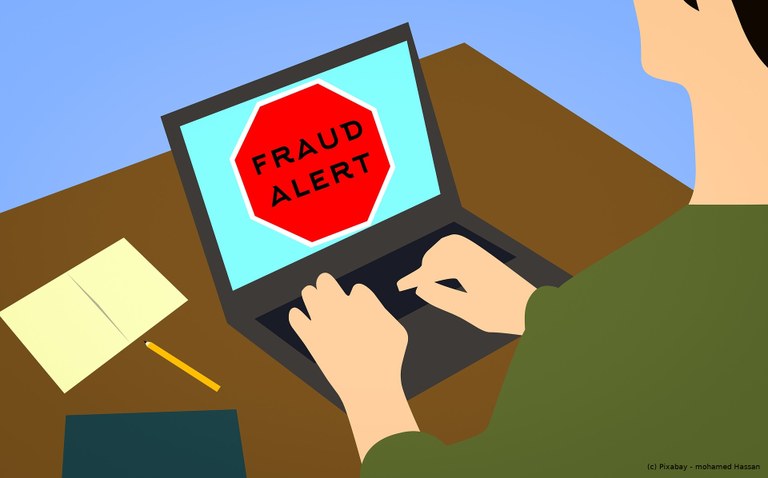New EU survey and scams and fraud experienced by consumers
New EU survey and scams and fraud experienced by consumers
17. February 2020, OIAT
6% of adults in the European Union have experienced fraud in the last two years – this is a key result of a survey from the European Commission on “Scams and fraud experienced by consumers”. The survey was conducted among adults in the 28 EU Member States, Iceland and Norway. In 26 of the 30 countries surveyed, at least 1,000 interviews were conducted. The results were published in January 2020 in the run-up to the Consumer Summit on the future of Consumer Policy.
The most common traps were fraudulent lottery/prize promotions (28%), impersonation fraud (22%), fraudulent computer/internet problems (21%), promises in return for transferring/investing money (14%), and requests to pay because there are problems with an account/documentation (12%).
Exposure to fraud is higher in countries which are more connected, and users who are more active online – Austria ranges lower than the EU average with 51%. Fraudsters use email (43% of cases) and online advertisements – beside phone calls. The financial impact for consumers is between 0 and 500 Euro – which suggests that cumulatively consumers in the EU might have lost 24 billion Euro in a two-year period. Fraud and scams also lead to emotional and physical harm (31%).
There is big gap between the reported and experienced cases – only 21% of the consumers who experienced a scam or fraud reported it. In cases of loss of more than 50 Euro this is notably higher (44%). Consumers wish a dedicated free phone number operated by the government (38%), and a dedicated governmental website (29%) for reporting scams and fraud.
